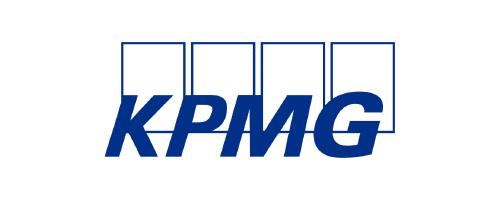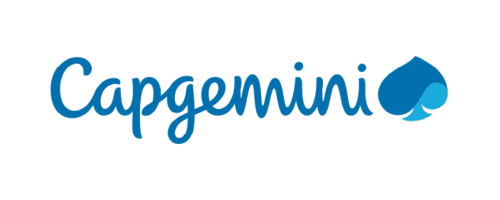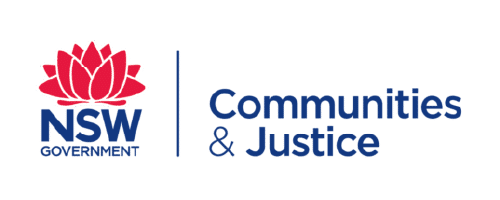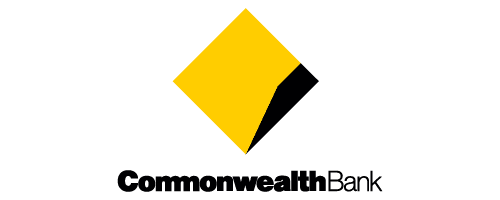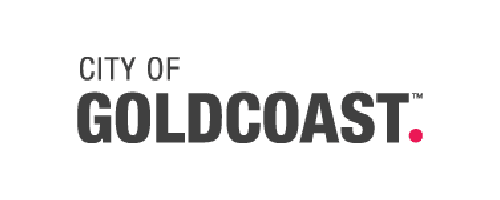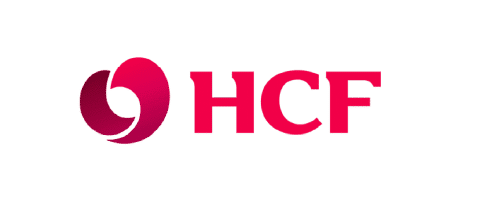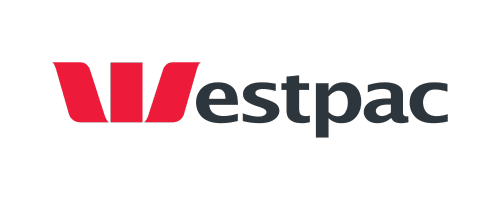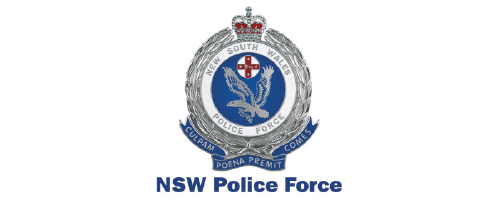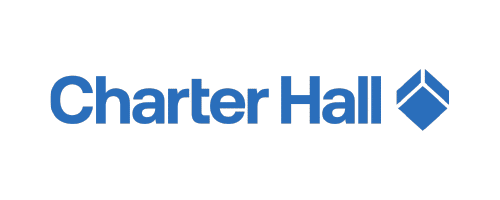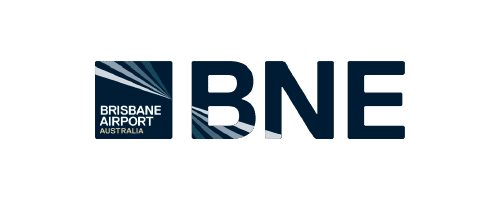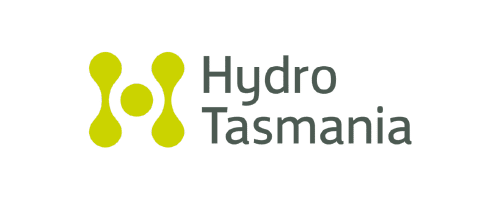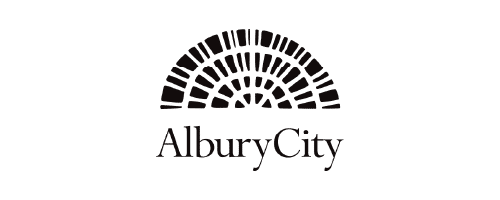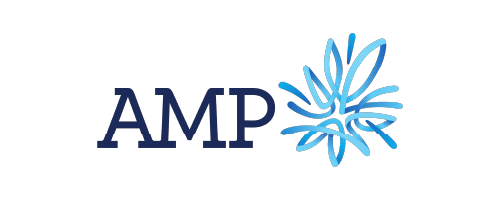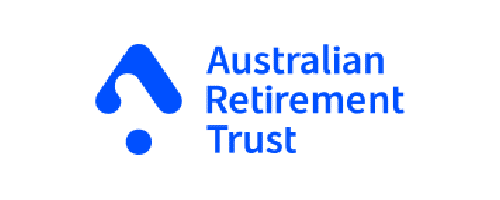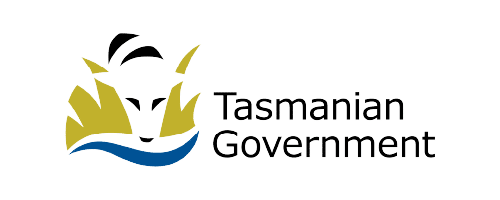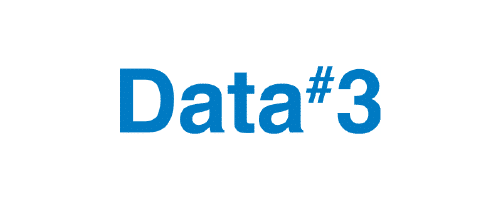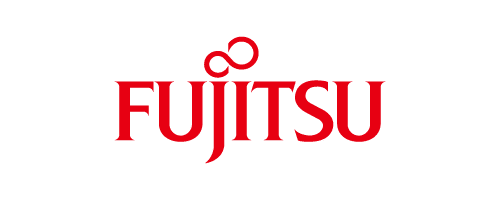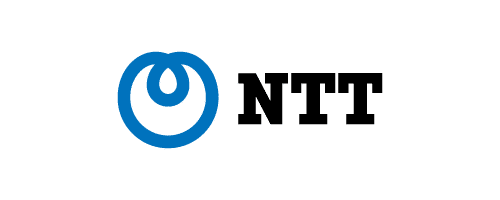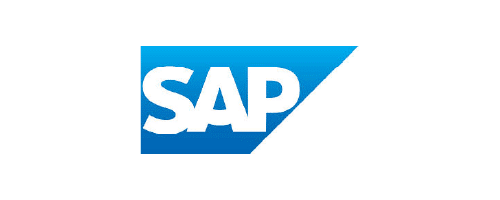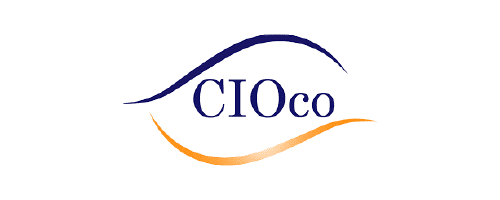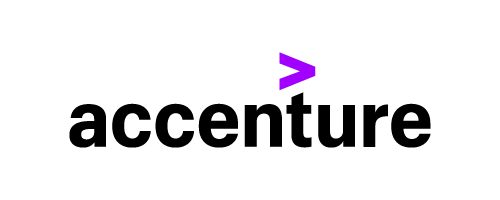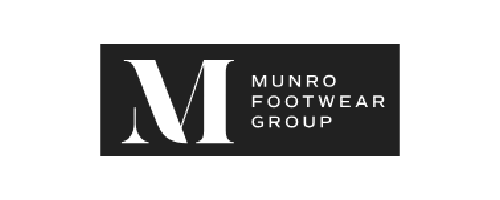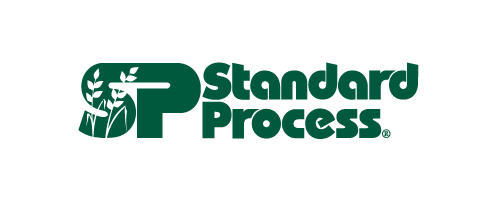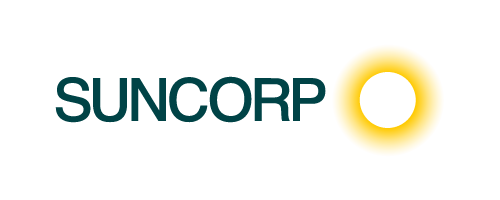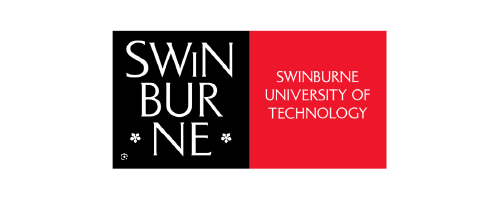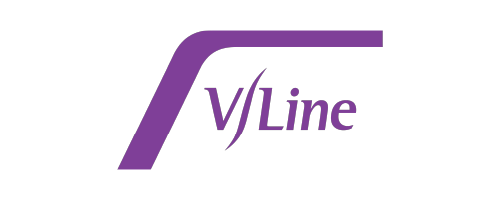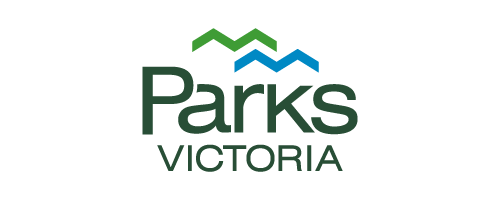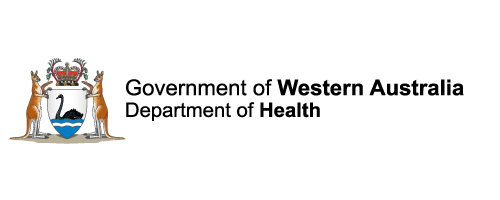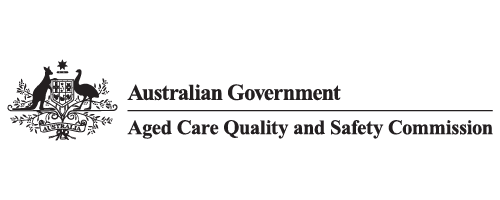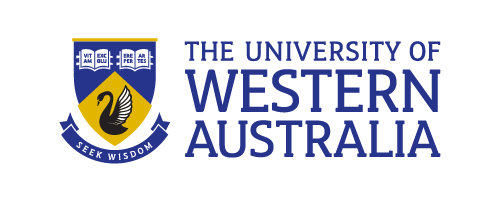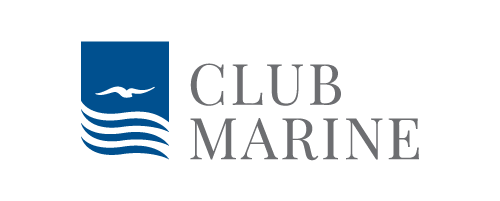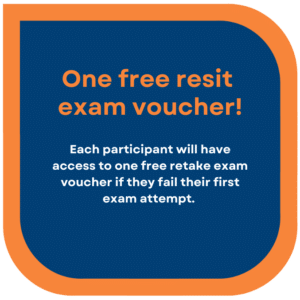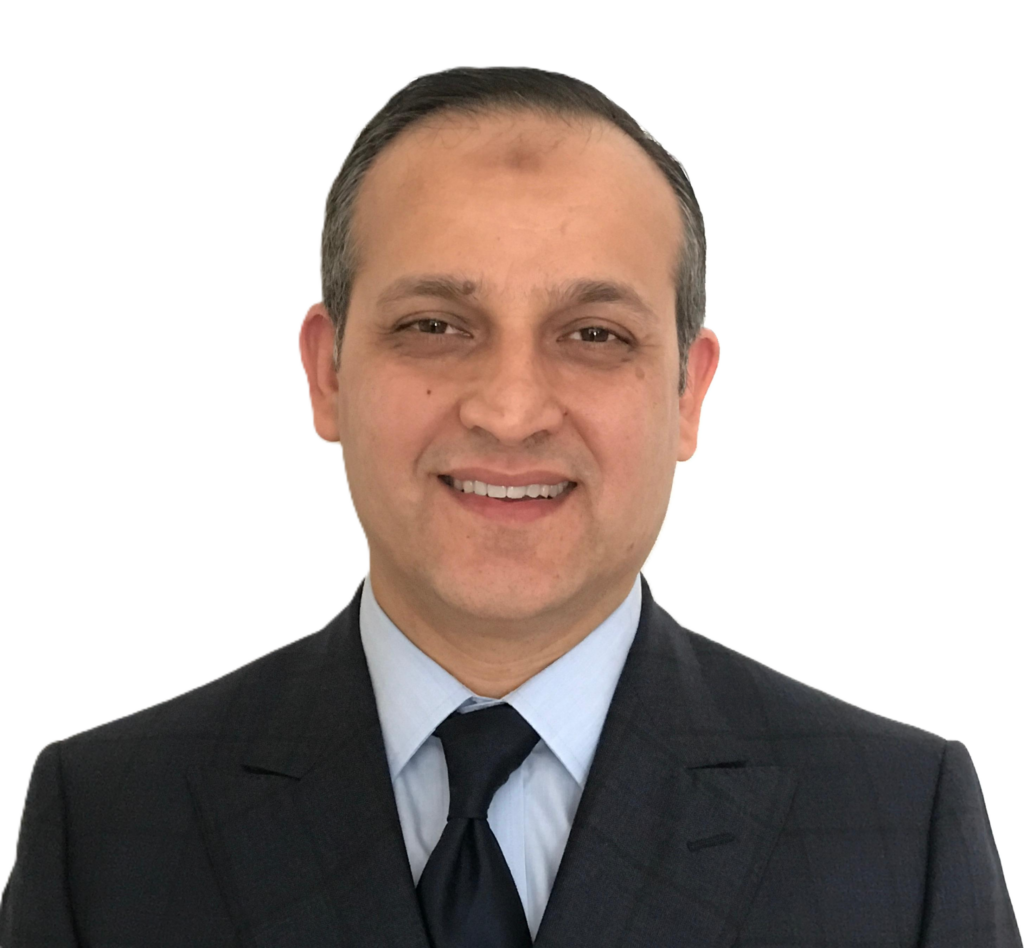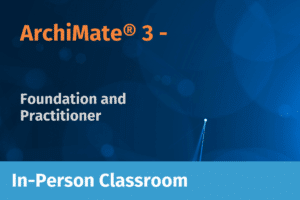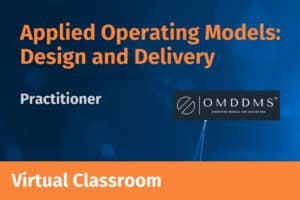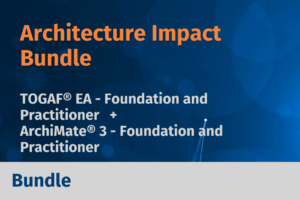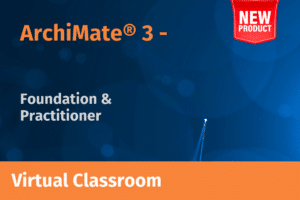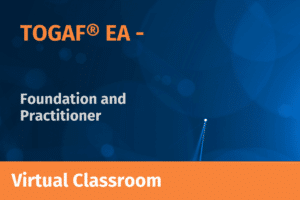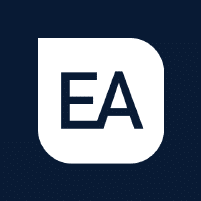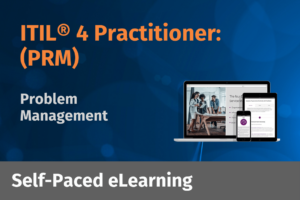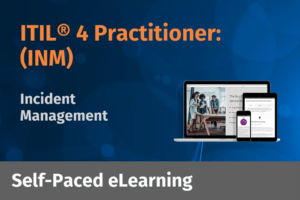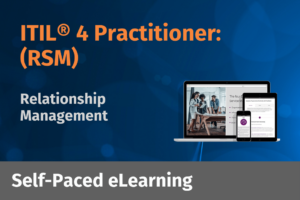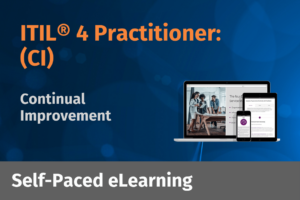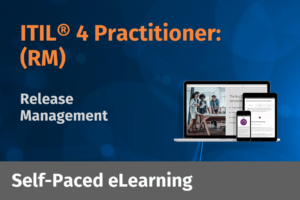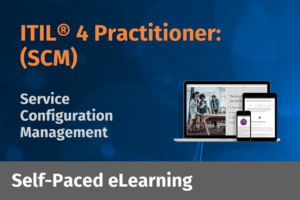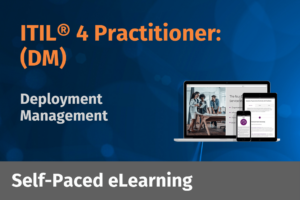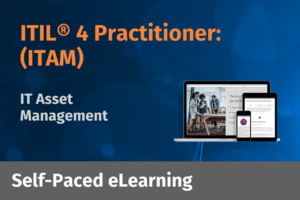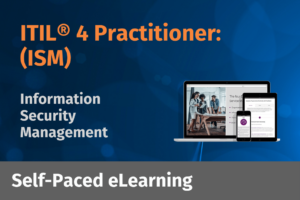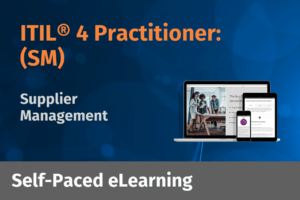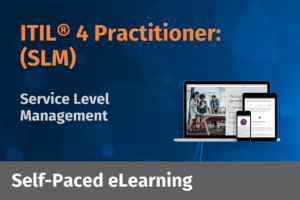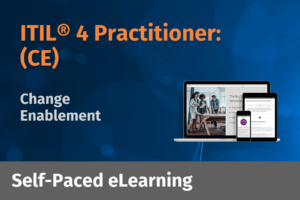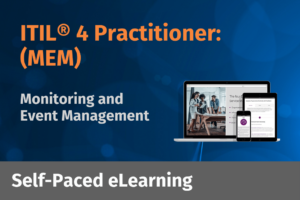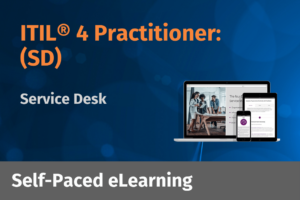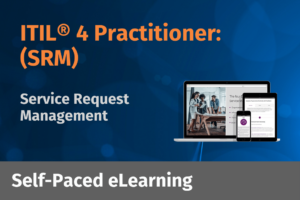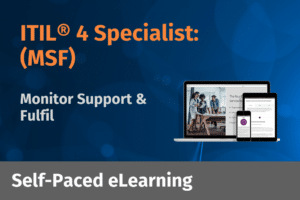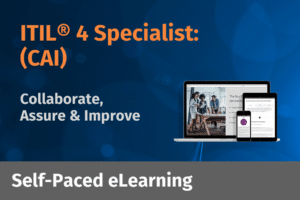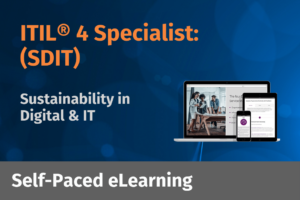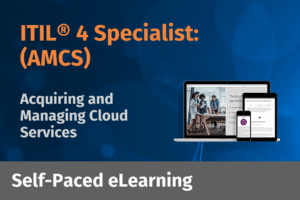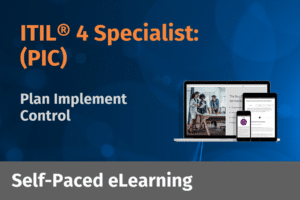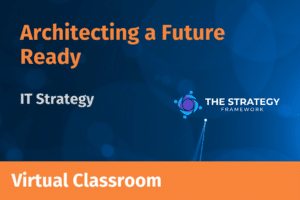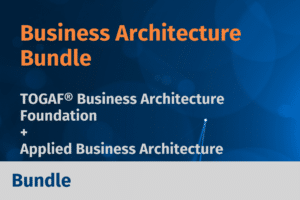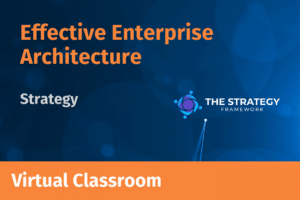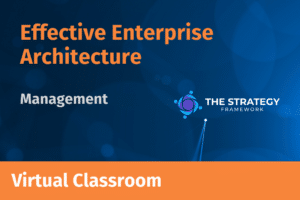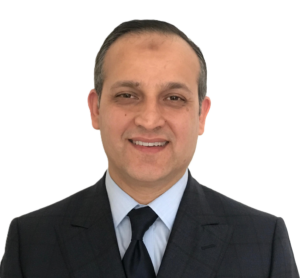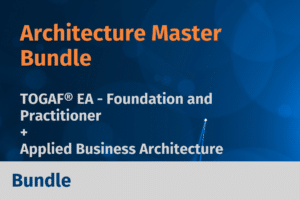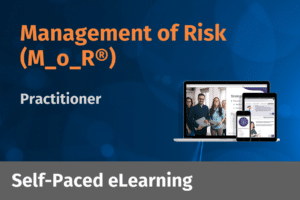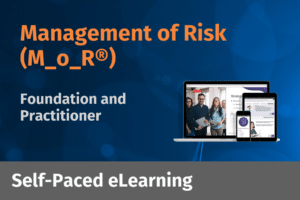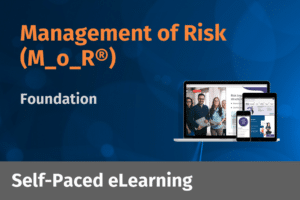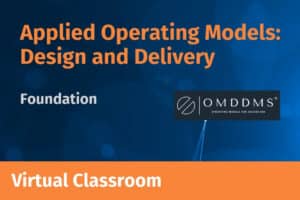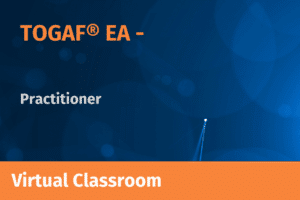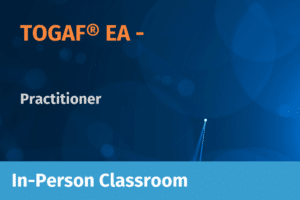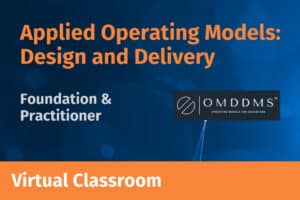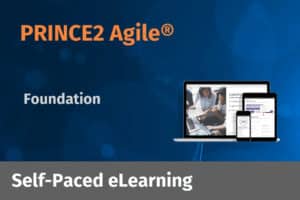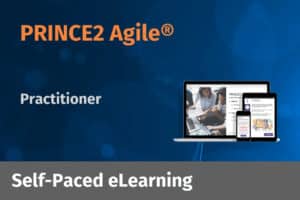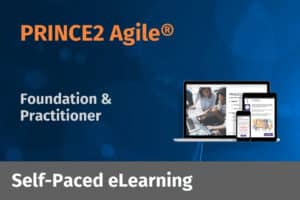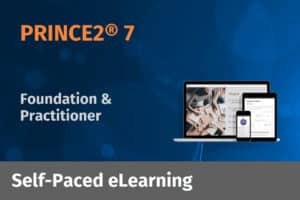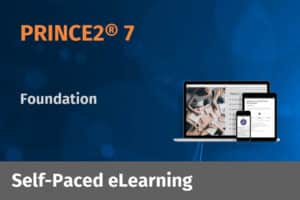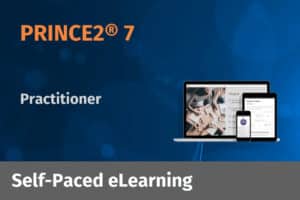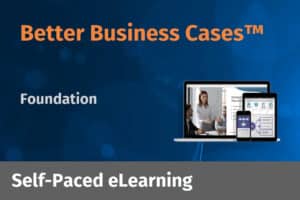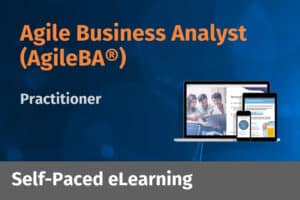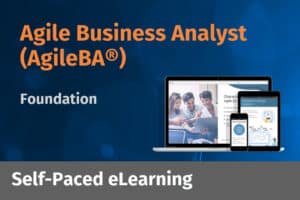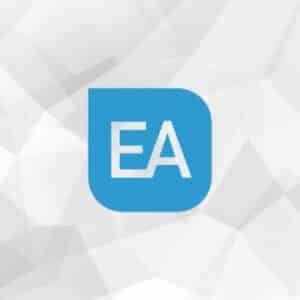I am not exaggerating here when I say that Neville has been the best presenter / trainer / facilitator that i’ve ever had. He is funny, engaging, knowledgeable and patient.
Save on Select Classes – Visit our Offers page!
-
Enterprise & Business Architecture
- ArchiMate® 3 – Foundation and Practitioner
- Applied Business Architecture, Version 8
- TOGAF® EA (Standard, 10th Edition)
- Foundation and Practitioner
- Foundation
- Practitioner
- TOGAF® EA on Weekends
- TOGAF® EA – Practitioner Bridge
- TOGAF® Business Architecture – Foundation
- Effective Enterprise Architecture
- Management
- Strategy
- Architecting a Future Ready IT Strategy
- ArchiMate® 3 – Foundation and Practitioner
- Applied Business Architecture, Version 8
- TOGAF® EA (Standard, 10th Edition)
- Foundation and Practitioner
- Foundation
- Practitioner
- TOGAF® EA on Weekends
- TOGAF® EA – Practitioner Bridge
- TOGAF® Business Architecture – Foundation
- Effective Enterprise Architecture
- Management
- Strategy
- Architecting a Future Ready IT Strategy
Business Analysis & Operations
Business Transformation
- Agile Programme Management (AgilePgM®) Foundation
- PRINCE2®
- 7 Foundation & Practitioner – Instructor-Led
- 7 Foundation & Practitioner – eLearning
- 7 Foundation – Instructor-Led
- 7 Foundation – eLearning
- 7 Practitioner – Instructor-Led
- 7 Practitioner – eLearning
- PRINCE2 Agile®
- Foundation & Practitioner
- Foundation
- Practitioner
- Agile Programme Management (AgilePgM®) Foundation
- PRINCE2®
- 7 Foundation & Practitioner – Instructor-Led
- 7 Foundation & Practitioner – eLearning
- 7 Foundation – Instructor-Led
- 7 Foundation – eLearning
- 7 Practitioner – Instructor-Led
- 7 Practitioner – eLearning
- PRINCE2 Agile®
- Foundation & Practitioner
- Foundation
- Practitioner
Management & Governance
- Management of Risk (M_o_R®)
- Foundation & Practitioner
- Foundation
- Practitioner
- ITIL® 4 Foundation
- Awareness
- Foundation
- ITIL® 4 Specialist
- Acquiring & Managing Cloud Services (AMCS)
- Create, Deliver & Support (CDS)
- Collaborate, Assure & Improve (CAI)
- Drive Stakeholder Value (DSV)
- High Velocity IT (HVIT)
- Monitor Support & Fulfil (MSF)
- Plan, Implement & Control (PIC)
- Sustainability in Digital & IT (SDIT)
- ITIL® 4 Practitioner
- Change Enablement (CE)
- Continual Improvement (CI)
- Deployment Management (DM)
- Incident Management (INM)
- Information Security Management (ISM)
- IT Asset Management (ITAM)
- Monitoring and Event Management (MEM)
- Problem Management (PRM)
- Relationship Management (RSM)
- Release Management (RM)
- Service Configuration Management (SCM)
- Service Desk (SD)
- Service Level Management (SLM)
- Service Request Management (SRM)
- Supplier Management (SM)
- ITIL® Strategist
- Strategist: Direct, Plan & Improve (DPI)
- ITIL® 4 Leader
- Leader: Digital & IT Strategy (DITS)
- COBIT®
- 2019 Foundation
- 5 Foundation
- Management of Risk (M_o_R®)
- Foundation & Practitioner
- Foundation
- Practitioner
- ITIL® 4 Foundation
- Awareness
- Foundation
- ITIL® 4 Specialist
- Acquiring & Managing Cloud Services (AMCS)
- Create, Deliver & Support (CDS)
- Collaborate, Assure & Improve (CAI)
- Drive Stakeholder Value (DSV)
- High Velocity IT (HVIT)
- Monitor Support & Fulfil (MSF)
- Plan, Implement & Control (PIC)
- Sustainability in Digital & IT (SDIT)
- ITIL® 4 Practitioner
- Change Enablement (CE)
- Continual Improvement (CI)
- Deployment Management (DM)
- Incident Management (INM)
- Information Security Management (ISM)
- IT Asset Management (ITAM)
- Monitoring and Event Management (MEM)
- Problem Management (PRM)
- Relationship Management (RSM)
- Release Management (RM)
- Service Configuration Management (SCM)
- Service Desk (SD)
- Service Level Management (SLM)
- Service Request Management (SRM)
- Supplier Management (SM)
- ITIL® Strategist
- Strategist: Direct, Plan & Improve (DPI)
- ITIL® 4 Leader
- Leader: Digital & IT Strategy (DITS)
- COBIT®
- 2019 Foundation
- 5 Foundation
VALUE BUNDLES
-
ABOUT


